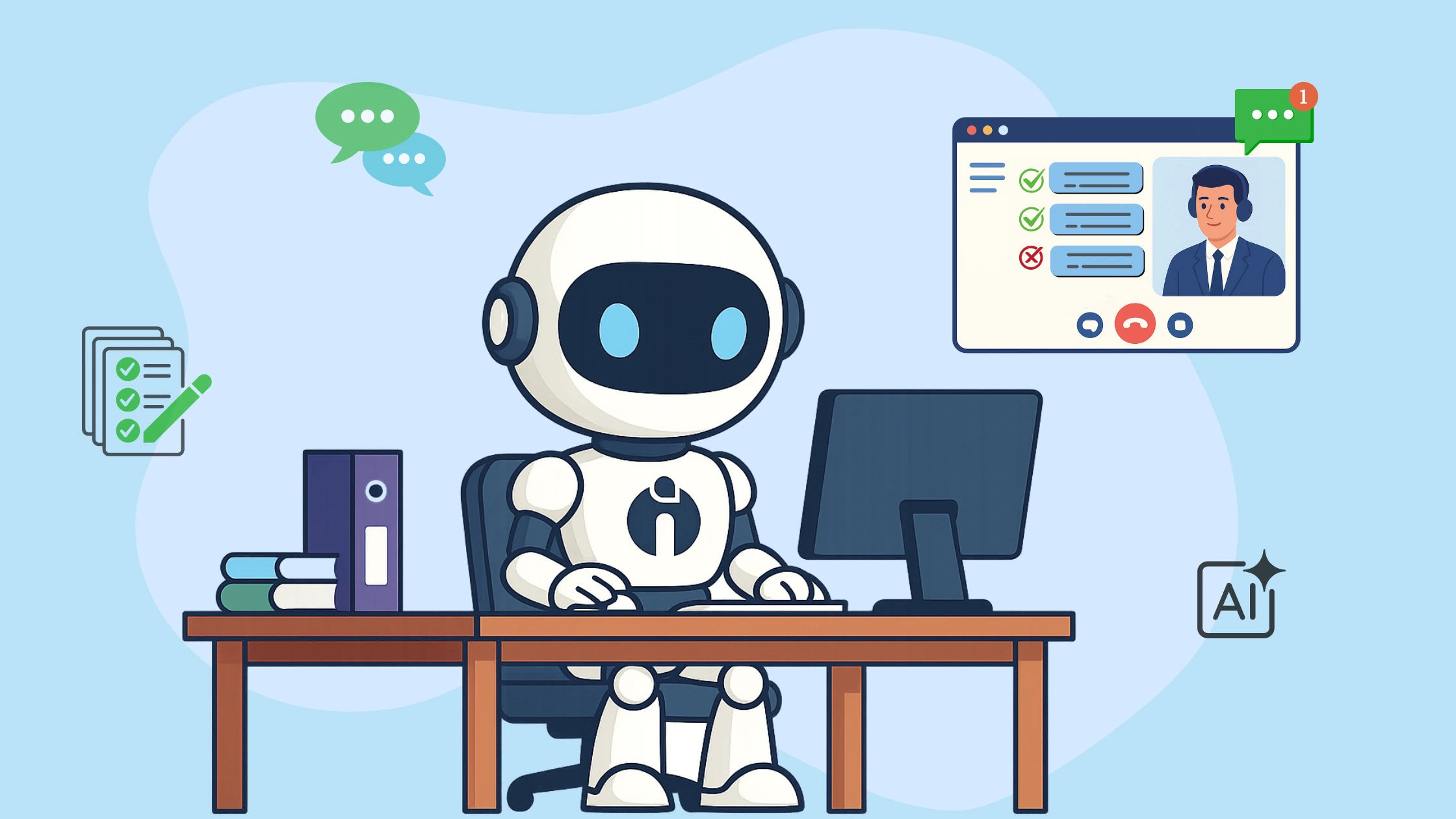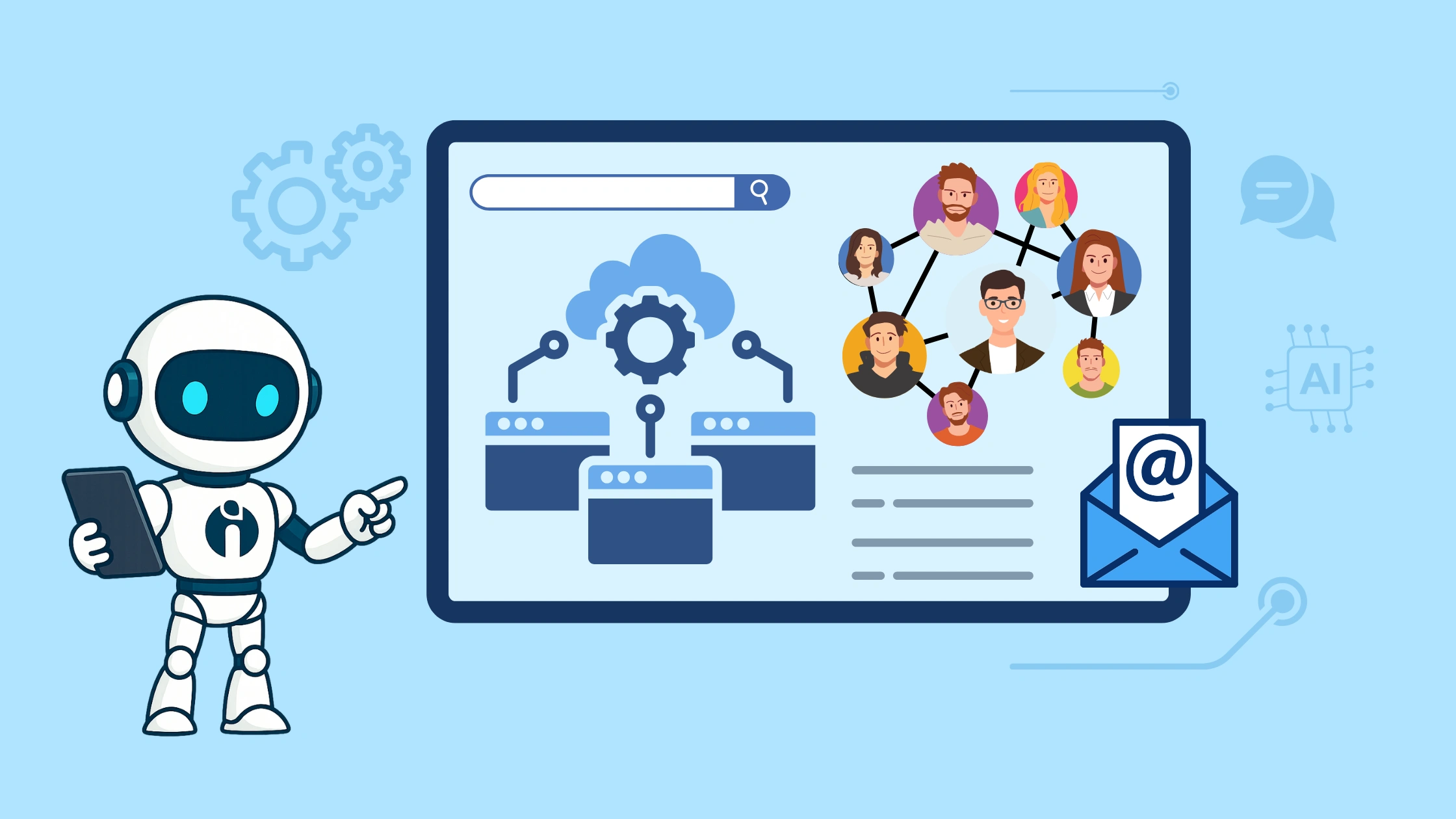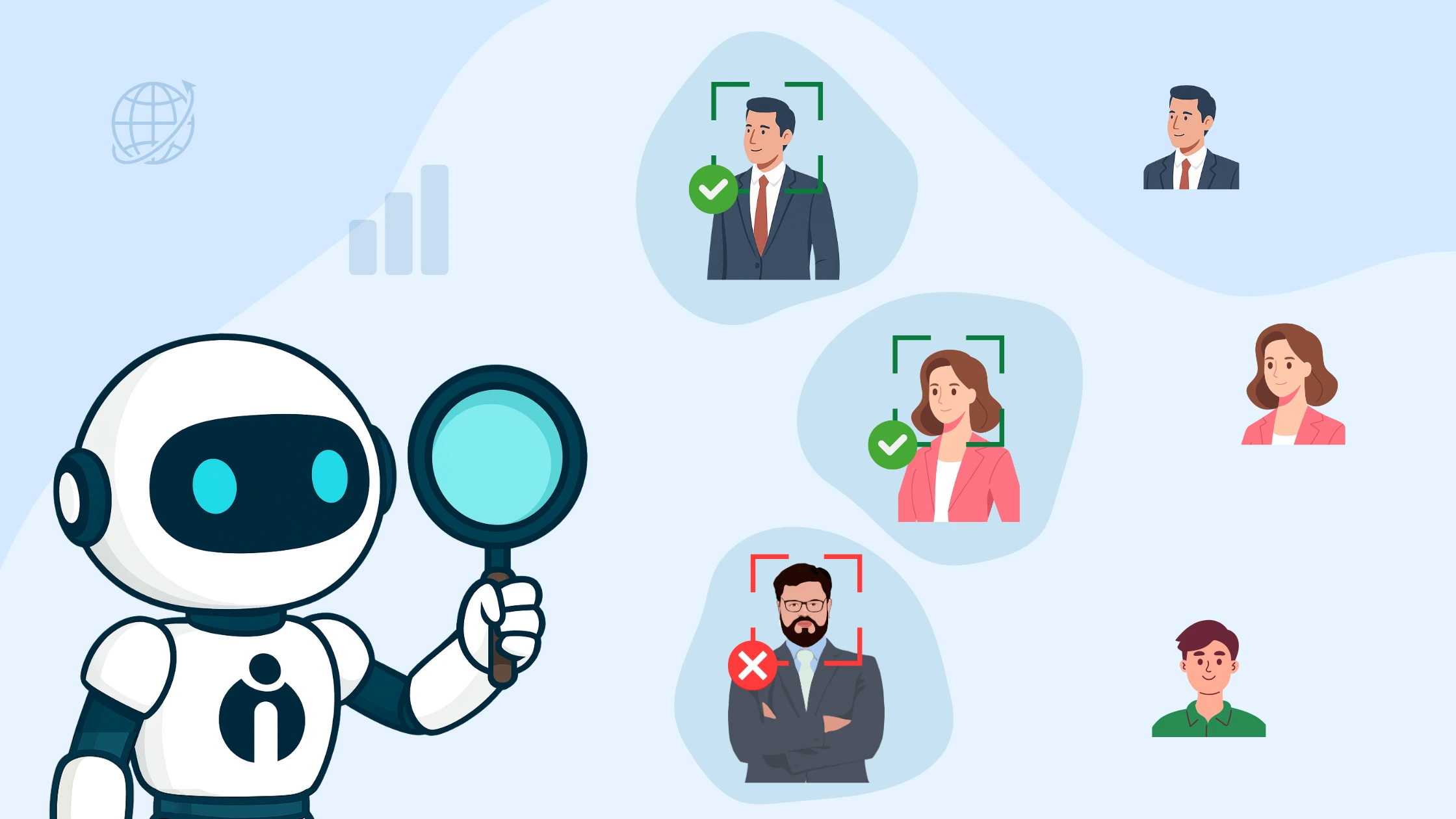TL;DR
- 2026 recruitment trends focus on AI automation, skills-based hiring, and virtual recruitment.
- Diversity, Equity, and Inclusion (DEI) are essential elements in hiring strategies.
- Data-driven predictive analytics enhance hiring decisions and workforce planning.
- Continuous candidate engagement and strong employer branding improve hiring outcomes.
The recruitment industry is experiencing unprecedented change as we move through 2026. For HR professionals, recruiters, and staffing agencies, understanding and adapting to these shifts is crucial, not only to attract top talent but also to build resilient, agile, and inclusive workforces. Emerging technologies like AI and automation are revolutionising sourcing and screening, while candidate expectations are evolving towards more personalised, skills-focused, and transparent hiring experiences.
What Will Be the Recruiting Trends in 2026?
Recruiting in 2026 is being shaped by rapid shifts in technology, work models, candidate expectations, and global talent dynamics. From AI automation to skills-based hiring and inclusive strategies, modern recruitment is no longer transactional; it's strategic, data-driven, and human-first.
Let’s dive into the top trends redefining how recruiters and HR professionals attract, engage, and hire top talent this year.
1. Recruitment Automation and AI-Powered Hiring: What Is Changing?
Recruitment automation has moved from a nice-to-have to a must-have for modern talent acquisition. According to recent statistics from Gitnux, over 55% of staffing agencies have already embraced automation tools to streamline repetitive tasks such as CV screening, interview scheduling, and candidate matching. Moreover, 70% of firms plan to increase their investment in data analytics and AI to boost hiring efficiency and accuracy (source).
Artificial Intelligence (AI) technologies are not only automating processes but also enhancing decision-making. Tools using natural language processing and predictive analytics help identify the best candidates faster, reduce unconscious bias, and free recruiters to focus on relationship-building and strategic planning.
Key takeaway for recruiters: Invest in AI-powered platforms that complement human judgment. Automation should simplify workflows without sacrificing candidate experience.
2. Skills Over Degrees: Why Competency-Based Hiring Is Winning
A fundamental shift is occurring in recruitment: skills are becoming more important than formal qualifications. The pandemic accelerated this trend; 81% of companies now prioritise skills-based hiring. This reflects a growing awareness that degrees do not always predict job performance, while competency-based assessments provide a more accurate evaluation of candidate potential.
The benefits are clear:
-
Broader and more diverse talent pools
-
Reduced hiring biases linked to educational background
-
Faster onboarding and improved role fit
Recruiters should reframe job descriptions around specific skills and outcomes, promote micro-credentials and certifications, and integrate practical assessments like simulations or real-world tests into their hiring process.
3. Virtual Recruiting and Accessing Global Talent Pools: How to Stay Competitive?
Virtual recruitment is no longer just a convenience; it’s a necessity. Remote interviews now make up more than 50% of hiring interactions, up from 35% in 2023. With 70% of workers expected to have some form of remote work arrangement by late 2025, recruiters must adapt to sourcing and assessing talent worldwide (source).
What this means for recruiters:
-
Use advanced video interviewing platforms that support collaborative evaluations
-
Understand international hiring laws and compliance
-
Create virtual onboarding programmes that foster inclusion and engagement
Recruiters with global talent sourcing capabilities will access broader, more diverse candidate pools, gaining a clear competitive advantage.
4. DEI Is Non-Negotiable: How to Make Diversity, Equity, and Inclusion a Hiring Priority?
Diversity, Equity, and Inclusion (DEI) initiatives have become essential to successful recruitment strategies. AI tools that help reduce bias have seen adoption increase from 40% in 2023 to 67% in 2025.
Recruiters should implement:
-
Blind resume screening
-
Inclusive job descriptions free from gender-coded or exclusionary language
-
Data-driven monitoring of diversity metrics across hiring funnels
Embedding DEI into recruitment drives innovation, enhances company culture, and improves business outcomes.
5. Predictive Hiring Using Data and People Analytics: What Are the Benefits?
Data-driven recruitment is rapidly transforming hiring into a scientific discipline. Modern Applicant Tracking Systems (ATS) and Human Resource Information Systems (HRIS) collect vast amounts of data, from candidate sourcing channels to post-hire performance.
Research by Gitnux shows 70% of firms plan to increase their use of predictive analytics to optimise hiring decisions. This means using historical data to predict candidate success, reduce turnover, and improve workforce planning.
Recruiters should:
-
Define clear Key Performance Indicators (KPIs) such as cost-per-hire, quality-of-hire and time-to-fill
-
Use predictive models to flag candidates with high retention potential
-
Regularly analyse and adjust recruitment campaigns based on data insights
6. Continuous Candidate Engagement: How to Reduce Candidate Ghosting?
Maintaining candidate engagement throughout the recruitment journey is more important than ever. 78% of recruiters confirm that ongoing engagement improves hiring outcomes. Moreover, 88 per cent acknowledge that candidate experience directly impacts employer branding and retention.
To reduce ghosting and improve candidate satisfaction:
-
Personalise communication with drip email campaigns and chatbots
-
Provide regular updates and transparent timelines
-
Use candidate relationship management (CRM) systems to nurture talent pools, even when roles aren’t immediately available
Think of recruitment as a marketing funnel; consistent, relevant engagement keeps candidates connected and interested.
7. Social Recruiting and Recruitment Marketing: How to Attract the Best Talent?
Social media is a powerful recruiting channel. Today, 78% of recruiters use social platforms to source candidates, and 60% of job seekers consider employer branding on social media before applying.
Recruitment marketing requires storytelling that highlights company culture, values, and employee experiences. This can include:
-
Sharing authentic content on LinkedIn, Instagram, and niche forums
-
Publishing employee testimonials and success stories
-
Running targeted social media campaigns for specialised roles
Strong social recruiting strategies improve employer visibility and candidate quality.
8. Employer Branding: Why It’s Essential to Attract and Retain Talent?
A compelling employer brand reduces hiring costs and boosts application quality. According to LinkedIn’s research, companies with strong brands enjoy a 50% reduction in cost-per-hire and twice the quality of applicants.
Recruiters should collaborate closely with marketing to build a consistent Employer Value Proposition (EVP) that resonates with target candidates. Transparency, career growth stories, and showcasing inclusive culture are vital.
Maintaining positive reputations on platforms like Glassdoor and social media is equally important.
9. Integrated HR Tech Stacks: How to Create Seamless Recruitment Workflows?
The modern recruitment process involves multiple technologies, from applicant tracking systems (ATS) to candidate relationship management (CRM), onboarding tools, payroll, and analytics platforms. However, when these systems operate in isolation, they can create data silos, inefficiencies, and a disjointed experience for both recruiters and candidates.
Building an integrated HR tech stack is essential for streamlining workflows and improving productivity. By connecting these platforms, recruiters can automate routine tasks, maintain accurate and up-to-date candidate information, and ensure a seamless transition from hiring to onboarding.
When selecting recruitment technology, it’s important to prioritise solutions that offer API integrations and scalability, ensuring your tech stack can evolve alongside your organisation’s needs. This integration empowers recruiters to focus more on strategic activities, like building relationships and improving candidate experience, rather than managing manual processes.
10. Recruiter Reskilling and Tech Fluency: What Skills Are Needed in 2026?
The recruiter’s role is rapidly evolving from administrative to strategic. Today’s successful recruiters combine people skills with technology proficiency.
Key areas for reskilling include:
-
AI literacy and data analytics
-
Social media and content marketing
-
DEI knowledge and cultural competency
-
Strategic workforce planning and stakeholder management
Continuous learning and professional development are essential to keep pace with recruitment innovation.
Conclusion: Adapt, Evolve, and Lead in 2026’s Recruitment Landscape
The recruitment trends emerging in 2026 reflect a new era where technology, data, and human-centred approaches coexist. For HR leaders and recruiters, this means embracing automation without losing empathy, prioritising skills over credentials, committing to diversity, and engaging talent continuously.
Success in 2026 requires agility, strategic thinking, and the willingness to adopt new tools and methodologies. By leveraging these trends, staffing professionals can not only improve hiring outcomes but also strengthen employer brands and build resilient, future-ready teams.
The future of recruitment is here. Are you ready to lead it?
Frequently Asked Questions (FAQs)
1. What are the key recruitment trends in 2026?
AI-powered automation, skills-first hiring, virtual recruitment, DEI, predictive analytics, social recruiting, and integrated HR tech stacks.
2. How can recruiters implement skills-based hiring effectively?
By revising job descriptions to focus on competencies, using practical assessments, and partnering with learning providers for micro-credentials.
3. Are recruitment chatbots effective?
Yes. They enhance candidate engagement by automating routine queries, scheduling, and nurturing communications.
4. How important is employer branding for attracting talent?
Extremely important; a strong brand increases application rates and quality while reducing hiring costs.
5. What technologies should recruiters invest in for 2026?
AI-driven ATS, recruitment CRM, video interviewing platforms, and predictive analytics tools.













